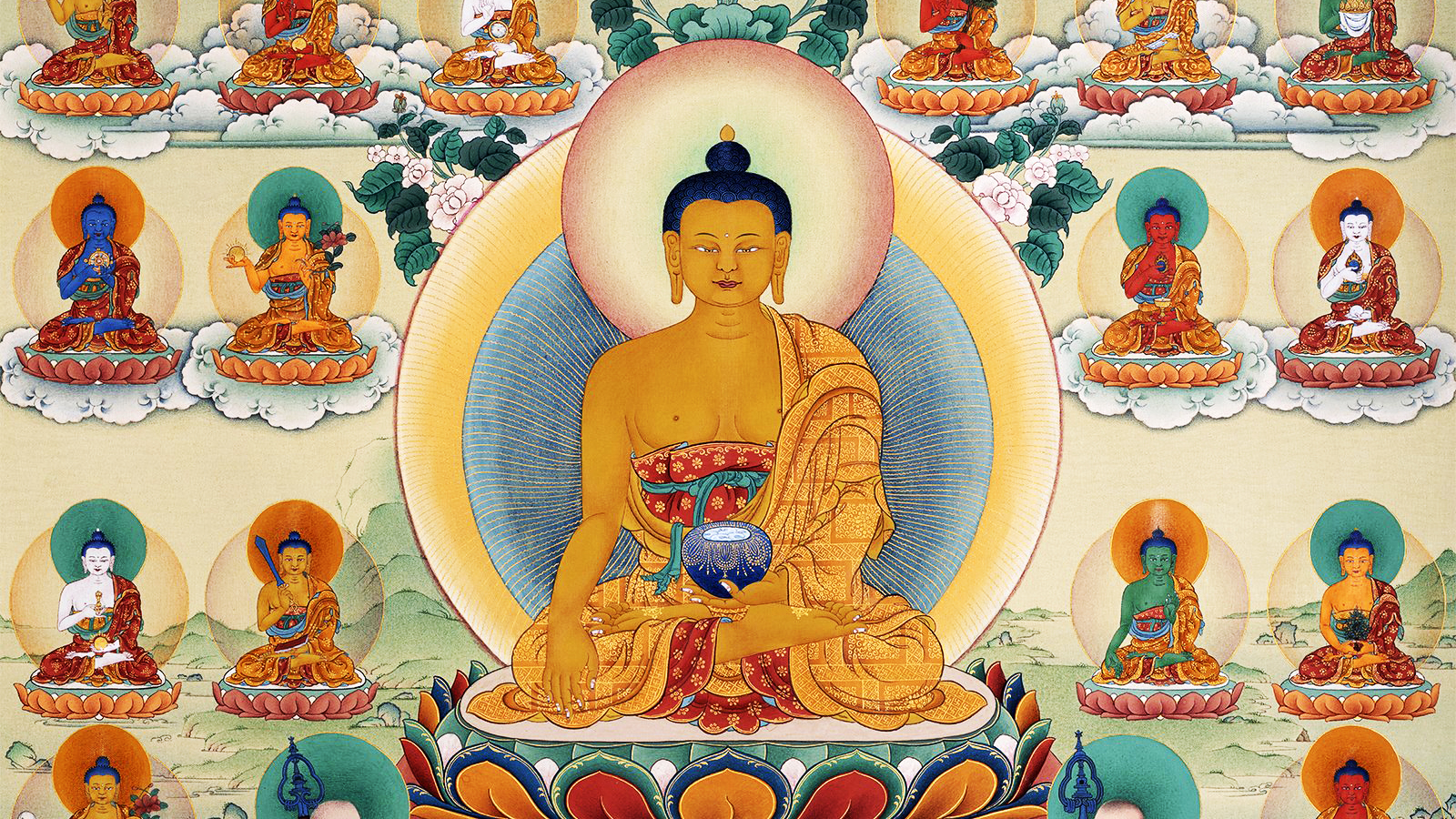How “dharma” can beat team burnout and unloop the “arrival fallacy”

Credit: lidiia / Adobe Stock
- The “arrival fallacy” says that every time you hit a target that’s supposed to bring you lasting joy, the goalposts move again.
- In 2015, researchers from Stanford and Harvard reported that health problems arising from workplace anxiety accounted for more deaths each year than diabetes or Alzheimer’s.
- When you’re expressing your essence, you’re “in your dharma” — and you can find joy not just in the goals you hit, but in the actions you take.
We’ve been conditioned, from an early age, to believe that one day we’ll reach a moment of “arrival.” Get good grades, go to a good school, get a good job, make good money, and we’ll be fulfilled. Even as we get older, and realize that life isn’t quite so simple, we still manage to convince ourselves that if we can just get that next sale, next client, next promotion, next deal—then we’ll finally be happy.
Dr. Tal Ben-Shahar at Harvard University calls this the “arrival fallacy.” Every time you hit a target that’s supposed to bring you lasting joy, the goalpost moves again. And when the chase is never-ending, when we are constantly in pursuit of a feeling we can’t quite obtain, our tank inevitably runs out of gas. We become exhausted, we burn out. And we quietly start to question the point of it all.
Because if outer success (wealth, status, achievement) isn’t leading us to a feeling of inner success (joy, well-being, fulfillment), then what’s the point? What’s the purpose of hard work and ambition if getting what we want only leads us back to the emotional place we were in before?
A few years ago, I began to realize that I wasn’t the only one who felt this way. Nearly everywhere I looked, people seemed lost and angry. Lost because if there is no point of arrival, then where the hell are we on the map? Angry because we paid the money, went to college, took out loans, got jobs, showed up every day, and did all the things we were supposed to do—only to find that we were no closer to the sense of joy that we had been chasing all these years.
So a lot of us checked out. We disengaged. We quit quietly or left our jobs. When this happened en masse, they called it the “Great Resignation.” Experts went on television to argue that it was a flash in the pan, a ripple effect of the Covid-19 pandemic. What they didn’t understand is that this sense of dissatisfaction had been building long before this virus disrupted our lives.
In 2015, a joint working paper from Stanford and Harvard reported that health problems arising from workplace anxiety accounted for more deaths each year than diabetes or Alzheimer’s disease. And in 2019, the World Health Organization included “burnout” in its International Classification of Diseases, naming it an “occupational phenomenon.”
For too long, we have fixated on the future of work and ignored the future of worth. For too long, we’ve dismissed “joy” as being too flimsy to fit into a place of business. And for too long, we’ve assumed that outer success will lead to inner success, despite history proving again and again that this has never been the case.
It’s pretty simple, really. When you’re expressing your essence, you’re in your dharma.
The Bhagavad Gita — the Hindu book of living — says that each of us has a dharma, or a “sacred duty.” Duty to whom, exactly? To the fire burning inside of you. Some call this purpose, others call it your gift. My grandfather, my “Bauji”, called it your essence.
Bauji believed that we all have an essence, something inside of us that was uniquely assigned by the universe. This goes deeper than talent or skill. It’s a calling. An inner necessity.
Your essence doesn’t care about power, promotions, or possessions. It only cares about one thing: expression.
If essence is who you really are, then expression is how you show up in the world. Your essence is always calling for you — expression is how you take that call.
There’s a saying in the Gospel of Thomas: If you bring forth what is within you, that thing will save you. If you don’t, it will destroy you. That’s the thing about your essence. It is an inner flame that either lights up the world around you or burns a hole inside of you.
Each of us gets to choose between expression or emptiness. But no one escapes that choice.
It’s pretty simple, really. When you’re expressing your essence, you’re in your dharma. You come alive in a brand-new way. You feel confident, creative, and caring. You are no longer asking for permission to do what you love. You are serving others with energy and kindness.
And you are experiencing true joy—not just from the goals you hit, but from the actions you take.





